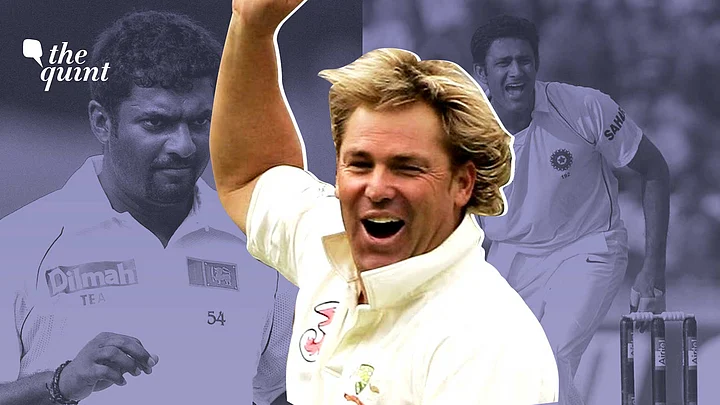On 4 March, it was announced that former Australian cricketer Shane Warne, passed away of a suspected heart attack.
According to a statement released by his management, Warne was found unconscious in his villa in Koh Samui, Thailand.
"Despite the best efforts of medical staff, he could not be revived," read the statement.
The was 52 as is survived by his wife and kids.
The legendary leg-spinner's demise once again brings to light how alarmingly common it has become for young and middle-aged people to have heart attacks.
Although heart attacks and cardiac arrests often present milder early signs, sometimes they can come without warning.
Here's what to know.
Sudden Cardiac Arrests
As the name suggests, a Sudden Cardiac Arrest (SCA) refers to a medical condition when the heart stops working all of a sudden due to a dysfunction in the heart's electrical system.
This leads to loss of breath, consciousness, or fainting.
SCA's are medical emergencies and can lead to fatality if immediate treatment is not provided.
Writing for FIT, Dr Naresh Kumar Goyal, a Senior Director & In charge - Heart Failure Programme, Cardiology Department at BLK-Max Super Speciality Hospital, New Delhi explained that a patient having SCA would require defibrillation or an electric shock to the heart.
It must be noted that the same first aid may not help in case of a heart attack, because unlike a cardiac arrest, a heart attack occurs when arteries are blocked, restricting blood supply to the hear.
Signs of SCA & First Aid
Unfortunately, SCAs happen suddenly and don't usually come with warning signs. People who are having a sudden cardiac arrest are likely to collapse and lose consciousness.
But even so, they aren't as sudden as they sound. Some more subtle signs, include,
Breathlessness
Weakness
Weak pulse
Chest pain
Heart palpitations
As mentioned, time is of the essence when it comes to treating cardiac arrests and heart attacks, and so if a person collapses with a weak or no pulse, it is advised that you call for medical assistance immediately.
If someone around you has a sudden cardiac arrest, giving them Cardiopulmonary Resuscitation (CPR) while you wait for an ambulance can be the difference between life and death, according to MayoClinic.
A Quick Guide to CPR: Check the person's breathing. If the person isn't breathing normally, place your palms on centre of the person's chest and push hard and fast.
"While there are treatment options available for SCA, prevention is better than cure," said Dr Goyal in his article.
He went on to explain that people who have a higher risk of cardiovascular issues should maintain a healthy lifestyle.
Exercise regularly, monitor your blood pressure and sugar levels, avoid stress, have less oily food, quit smoking, he advises.

